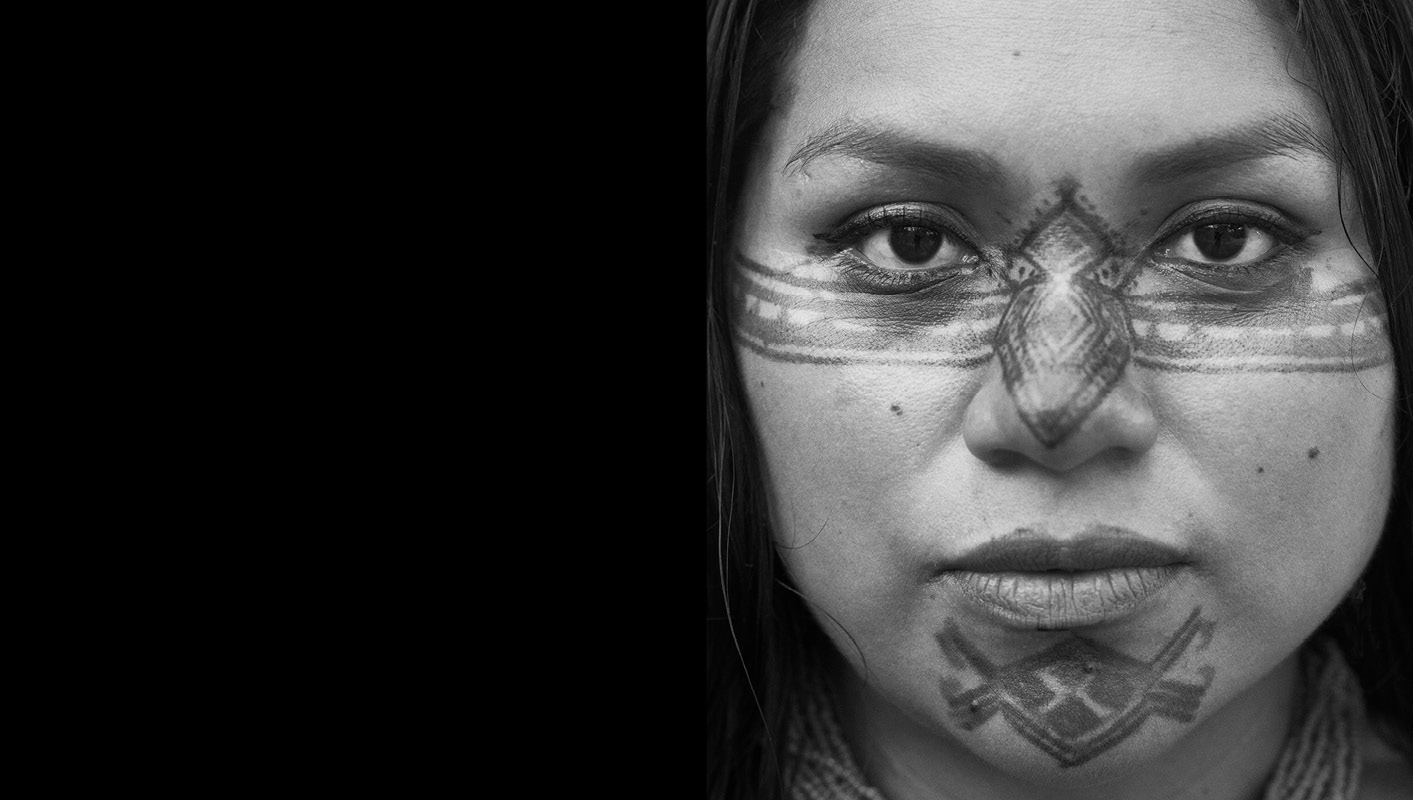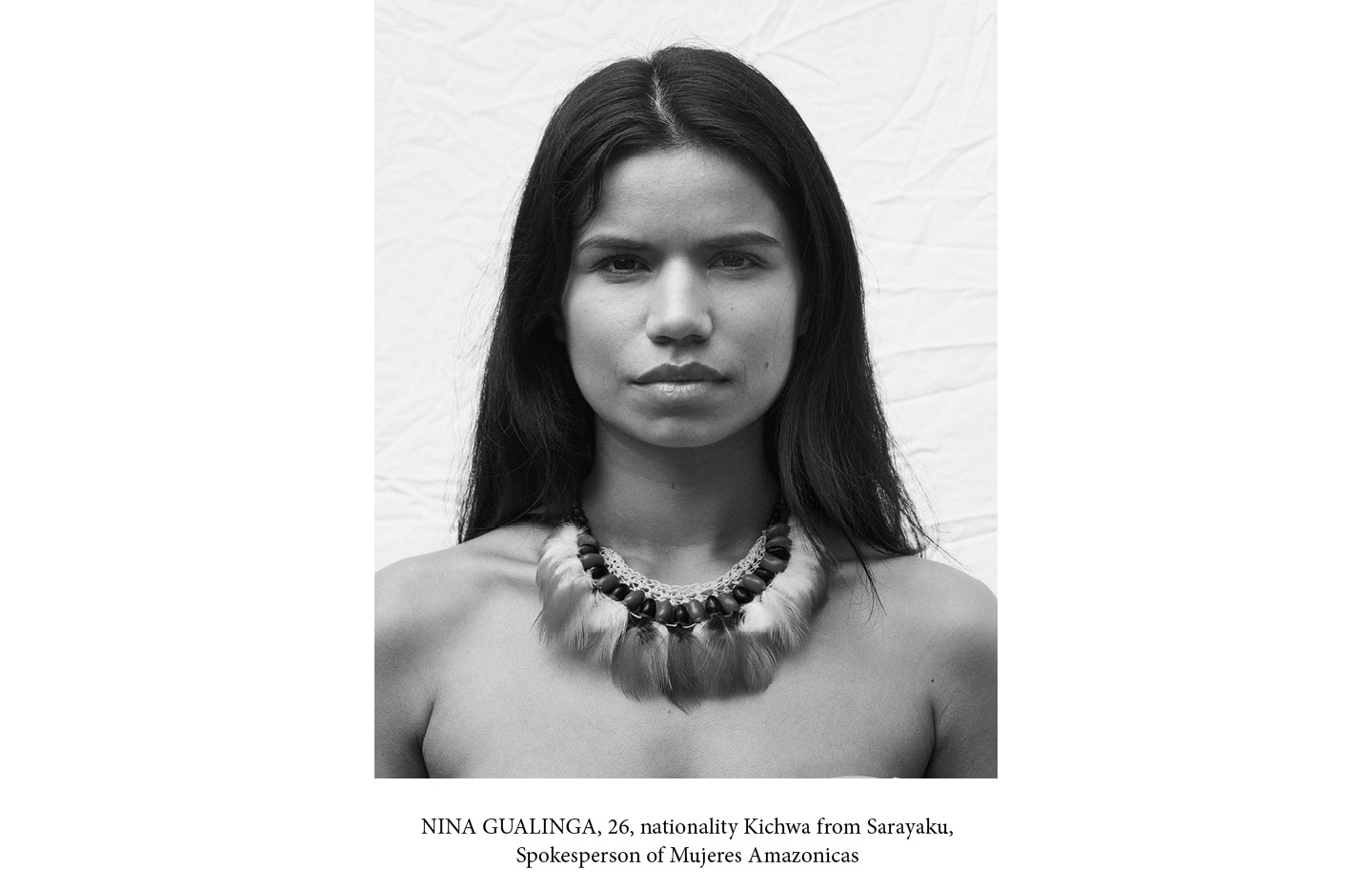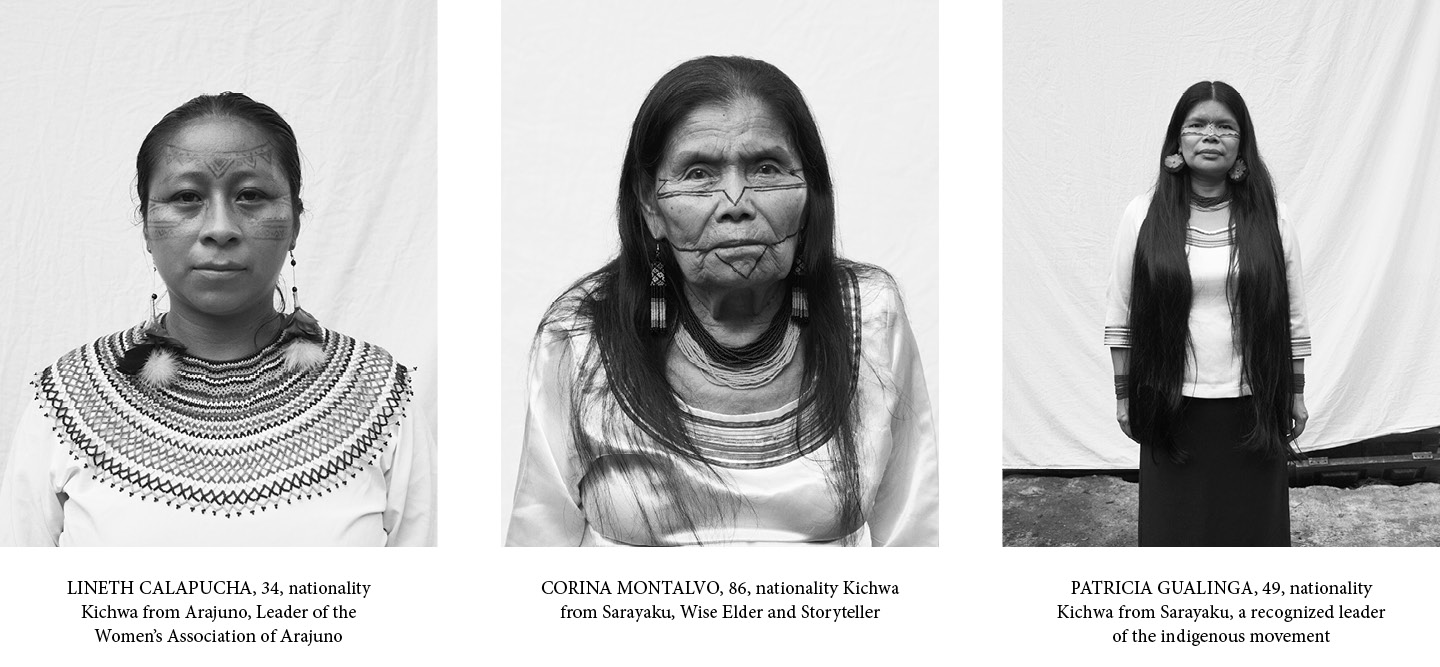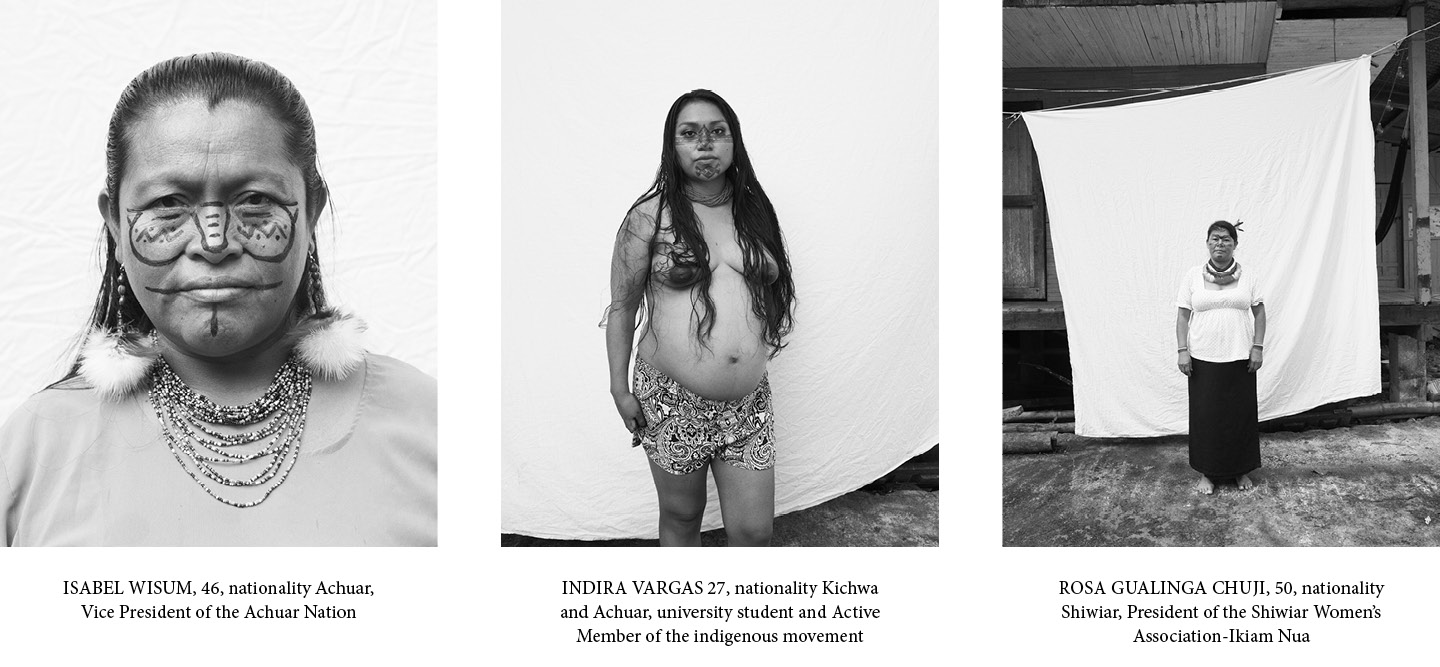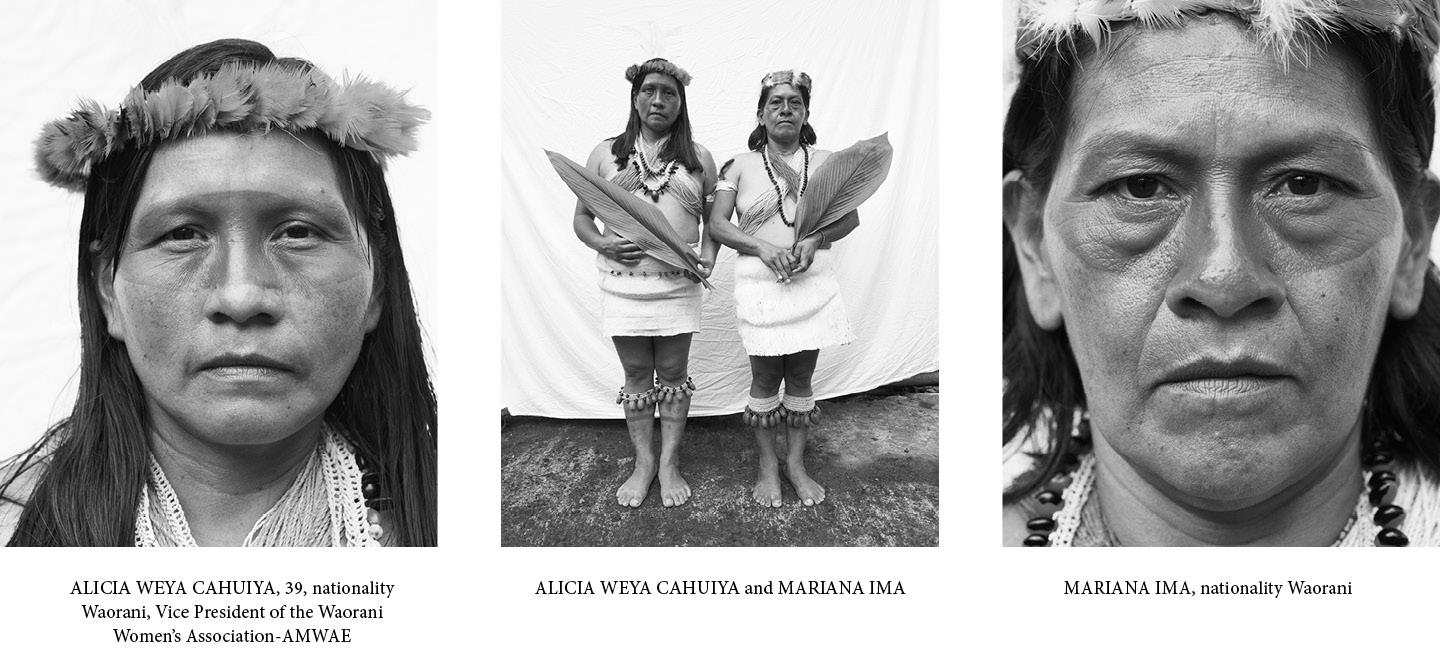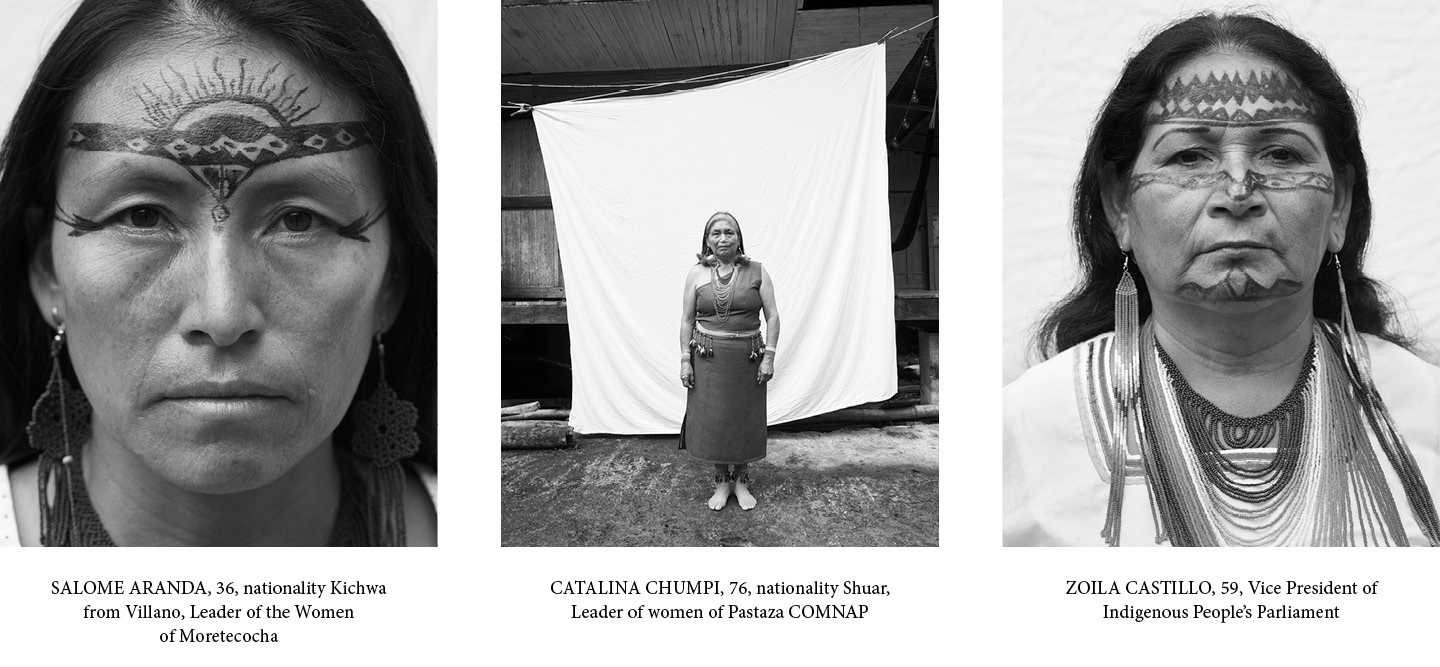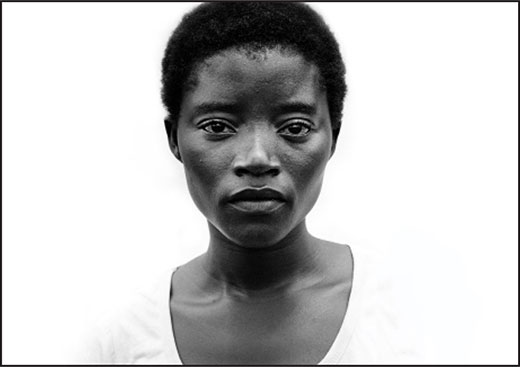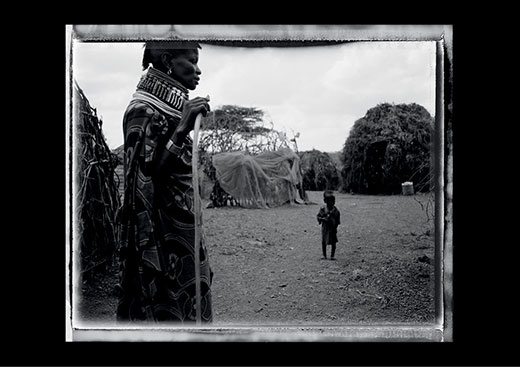DEFENDING THE AMAZON BY NINA GUALINGA
Indigenous people depend entirely on the environment for survival. In my opinion this is the main reason why indigenous people are the best protectors of it. Indigenous territories are the most biodiverse lands on earth, 80 % of the entire world’s biodiversity is on these lands.
The Ecuadorian Amazon is home to 11 indigenous nations and thousands of communities; each nation with its own unique culture, language, and territory.
While the Ecuadorian government is auctioning off indigenous land to foreign investors, oil extraction, mining and deforestation are expanding and threatening the indigenous way of life.
The consequences are catastrophic. Oil and mining companies have poisoned waterways, killed natural wildlife, violated sacred sites, and put the native people’s health at great risk. Extraction projects have also brought violence to these communities, including sexual violence specifically targeting women.
But indigenous women are far from powerless. From the deep forest, a movement of women has arisen and they are taking matters into their own hands. They are demanding an end to extractivism and are forcing the government to act immediately to protect indigenous peoples and their territories.
Through protests and media outreach, the women have been able to stop and postpone various oil operations. They are also carrying out political advocacy and raising awareness about the extractive activities in the Amazon. They are working on the frontlines in the political, legal, moral, and physical defense of their land and way of life. The women of the Amazon are fighting for the survival of their people, their cultures and their home.
PAOLA KUDACKI: What is life like in the Amazon rainforest?
CORINA MANTALVO: The forest is not simply a forest; it is more than that. It has a spirit, a life. That is why we call it Kawsak Sacha, the Living Forest. We take care of it so that no harm comes to it.
Life in the Amazon is peaceful. It gives us strength. It gives us the most clean air to breathe, and we drink the purest and most clean water. We grow yuca, plantains, potatoes, sugar cane and pineapples. There are fish in the rivers and animals all around.
PAOLA: What is the role of women in the community and in the family?
PATRICIA GUALINGA: As women, we maintain the balance in our families by transmitting generations of knowledge taught to us by our ancestors, everything from traditions to techniques vital to maintain our daily life. My mother is a great transmitter of knowledge, of stories and legends, and many people learn from her wisdom.
PAOLA: What kind of values and principles guide your people?
PATRICIA GUALINGA: I value the power of nature, because it gives you all that you need. In each family, we value the saying “You should not hunt what you will not eat. You should not laugh at what gives you life. You should not cut down the trees, because they house the spirits of our ancestors. You should not disrespect the river, because it gives life to all.”
PAOLA: What is it like to be a mother in the Amazon rainforest?
LINETH CALAPUCHA: It is a privilege. We teach our children to live through our vision of the world. We teach them about respect, taking care of the earth and life. Growing our food is an example of how we use energy and feed ourselves and our families.
We wake up around 4 in the morning and prepare a fire for the family to sit around. We prepare for the daily tasks by drinking Wayusa, a natural herbal infusion which stimulates important conversation about the walks of life. During this time, we give important advice to our children and we plan our days as a community.
PAOLA: How do you receive a new child into the family, the community?
LINETH CALAPUCHA: We collect specific plants to clean the baby’s body and others to cook and drink. After, we vaporize water around the mother and baby’s bodies to clean and purify their spirits and lives.
PAOLA: You are going to be a mother soon. How does that feel?
INDIRA VARGAS: The process of becoming a mother and motherhood itself involves a lot of respect and learning. Both the physical and emotional changes we go through as women during that process provide an incredible experience–one that enabled me to find myself.
I will give birth during a difficult time for us indigenous communities. We constantly have to think about defending our territories, gender violence and discrimination against women. There is a lot of inequality and discrimination that you can’t ignore. At the same time, having a baby gives me strength because I am able to pass on the knowledge I have gained.
PAOLA: What was it like to grow up in the Amazon rainforest?
ROSA GUALINGA: I was born in the heart of the Amazon. We shared our home with the animals—we even played with them in the river. There were all sorts of animals.
There was no airstrip. We had never seen clothes or shoes. To be honest, we didn’t even wear underwear. We just had a piece of fabric around our waist. The first time I put clothes on, I didn’t like it. It was too warm.
PAOLA: What does the Amazon rainforest forest mean to you?
ROSA GUALINGA: The forest is our home. We will never sell out our territory. I am 50 years old today, and I will defend this place until the day I die.
PAOLA: Isabel, you have been elected as a leader by your people, right?
ISABEL WISUM: Yes, they made me the first female vice president of the Achuar community.
PAOLA: What’s it like to give birth in the forest?
CATALINA CHUMPI: Before, there were no doctors present in our communities. Culturally speaking, at the time of birth, we caress the woman’s stomach and give her medicinal concoctions to drink. When her head gets really warm, we know that the baby is on the way.
PAOLA: Women are mothers, and also the ones that defend the family and the communities, right?
CATALINA CHUMPI: The women face the hardest battle. We know that oil pollutes water and brings diseases that we have never seen before. We are protecting the Amazon for the entire world, not only for us. We know that the world needs us!
PAOLA: What are your spiritual beliefs?
ALICIA CAHUIYA: We believe in the spirit of the jaguar. The jaguar connects with our wise elder and transmits knowledge to our people. We have a connection with the mountain, the eagle and all animals and living beings of the forest.
PAOLA: What’s it like to be an indigenous female leader in the Amazon? What made you speak up?
PATRICIA GUALINGA: Traditionally speaking, organizational structures are patriarchal and leaders of such are men. However, lately, women’s leadership has been incorporated, because that is something we have demanded.
In some way, it has been an advantage for us women because we have stayed away from corruption, so our minds are still pure and original. That is also why Amazonian women have been able to organize themselves into a powerful unity, capable of seeking justice. We are bold and resilient together, regardless of the many indigenous nationalities that we represent. Women used to be afraid of speaking up for themselves and talking about how they felt and what they had suffered, but now we have created a safe space for conversation to flow and build momentum. We have faced certain resistance, especially from extraction companies and the Ecuadorian government.
PAOLA: What obstacles have you faced as a female defender of the Amazon?
ALICIA CAHUIYA: The government has tried to silence us. They have tried to put us in prison so that we won’t speak out. This fight has not been easy for indigenous women, but even if they beat us, prosecute us or incarcerate us, we will continue to fight for the future and well-being of our children.
INDIRA VARGAS: The corporations have a lot of power. We don’t have money to negotiate. The government negotiates with the companies that have great economic power. Indigenous people are a minority in relation to the capitalistic society. But here we are, and we are not giving up!
PAOLA: What is currently happening in the Amazon?
CORINA MONTALVO: We used to fear the white men. They treated us badly, punished us and enslaved our people.
Currently, oil companies come to the Amazon destroying the land in their search for oil. I have seen how they insert pipes into the ground and use machines to blow up the land. We are not living in peace.
LINETH CALAPUCHA: Oil and mining exploitation have created great fear amongst our communities because we have both seen and heard of the destruction it has caused to our land. Petroleum should remain in the ground.
PAOLA: What made you start fighting for the Amazon?
INDIRA VARGAS: I grew up in the middle of the struggle to defend our territories, and it has impacted us as indigenous communities in many ways. I am outraged by the inequality that still exists in our society regarding human rights and education and in many other areas.
PAOLA: In what ways has that affected the communities?
SALOME ARANDA: It has drastic effects on the rivers, the fish, the animals and our crops; they are not growing like before. The plantain, pineapple and papaya crops die along with animals. It also affects the health of people through the development of cancer, which has killed many people in recent years. I have seen suffering—babies being born with cancer. Children are dying.
PAOLA: What are you fighting for?
ALICIA CAHUIYA: We want fossil fuels to be kept in the ground. It is the solution to the world crisis of climate change.
If the government takes out the oil, cuts down our trees, our people will disappear; we will die. The government doesn’t realize that the forest is important for their children as well.
PAOLA: What kind of change would you like to see in the world?
PATRICIA GUALINGA: The world has an economic model based on the extraction of fossil fuels, which is dysfunctional and destructive to our planet. The change that needs to take place is drastic. We need an equality-based society where diversity is celebrated as a source of learning and as a tool for future generations to build great foundations from.
—


